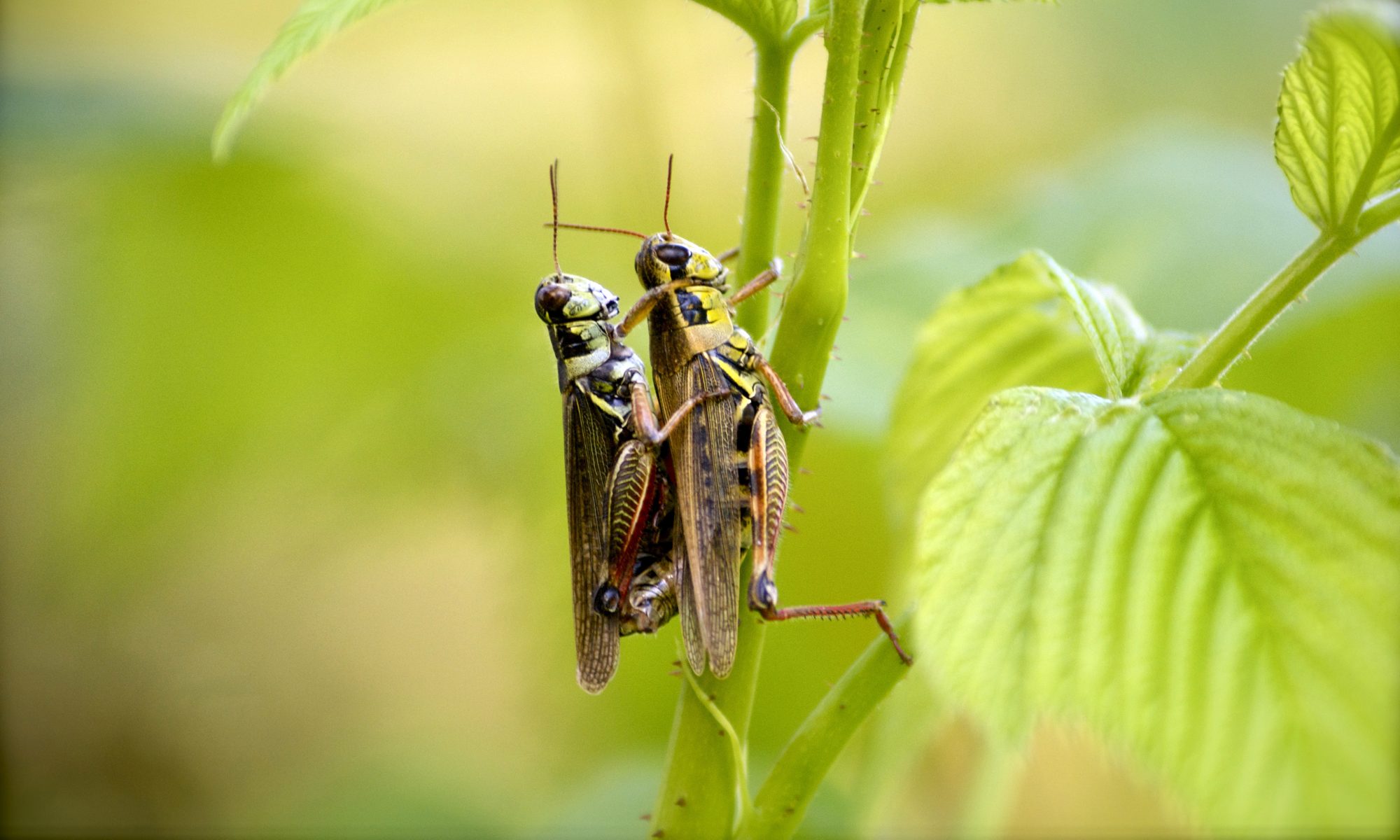Some Beetle Bytes, a touch late but hopefully better for it. My excuse is that I was in Saskatoon for a good chunk of last week. While there I had the chance to tour the Canadian Light Source synchrotron, which is a very impressive. Seeing as it was a whirlwind meeting, I didn’t see anything else of the city other than the view from my hotel room window. I’ll have to spend more time looking around when I’m at ESC next year (coincidentally to be held at the same hotel conference center that I was cloistered in last week).
The study, conducted by Mark Dingemanse, Francisco Torreira and Nick Enfield, closely examined variations of the word — defined as “a simple syllable with a low-front central vowel, glottal onset consonant, if any, and questioning intonation” — in 10 languages, including Dutch, Icelandic, Mandarin Chinese, the West African Siwu and the Australian aboriginal Murrinh-Patha.
Design students Anna and Terese took on a giant challenge as an exam project. Something no one had done before. If they could swing it, it would for sure be revolutionary. The bicycle is a tool to change the world. If we use bikes AND travel safe: Life will be better for all.
We’re working for robots (infographic)
According to research compiled by HireRight, 144 people apply for each entry level position, on average. To handle the tidal wave of resumes, companies are increasingly turning to applicant tracking systems that analyze keywords, dates, titles and other important information to quickly evaluate a candidate’s eligibility. Because this filtering technology screens out approximately 75 percent of applicants, in order to get your foot in the door you’re probably going to have to impress the robot doorman.
Monarchs (excellent – and poetic – analysis by @GeekInQuestion)
It was sad and beautiful: starkly, vividly orange on top of the dirt and scattered brown leaves. It was also dead. I gathered it up carefully in my gloves and walked it home.
Global forests: some actual (moderately) good news
The study confirms that well-documented efforts by Brazil – which has long been responsible for a majority of the world’s tropical deforestation – to reduce its rainforest clearing have had a significant effect. Brazil showed the largest decline in annual forest loss of any country, cutting annual forest loss in half, from a high of approximately 40,000 square kilometers (15,444 square miles) in 2003-2004 to 20,000 square kilometers (7,722 square miles) in 2010-2011. Indonesia had the largest increase in forest loss, more than doubling its annual loss during the study period to nearly 20,000 square kilometers (7,722 square miles) in 2011-2012.
This week, a clam was found to be 500 years old, making it the longest-living animal known. The clam, an Ocean Quahog, was 100 years older than previously thought. Researchers at Bangor University dated the mollusk to a ripe old 507. If you’ve ever had clam chowder, you’ve likely eaten flesh from this species — and that tasty bite may have been several hundred years old.
